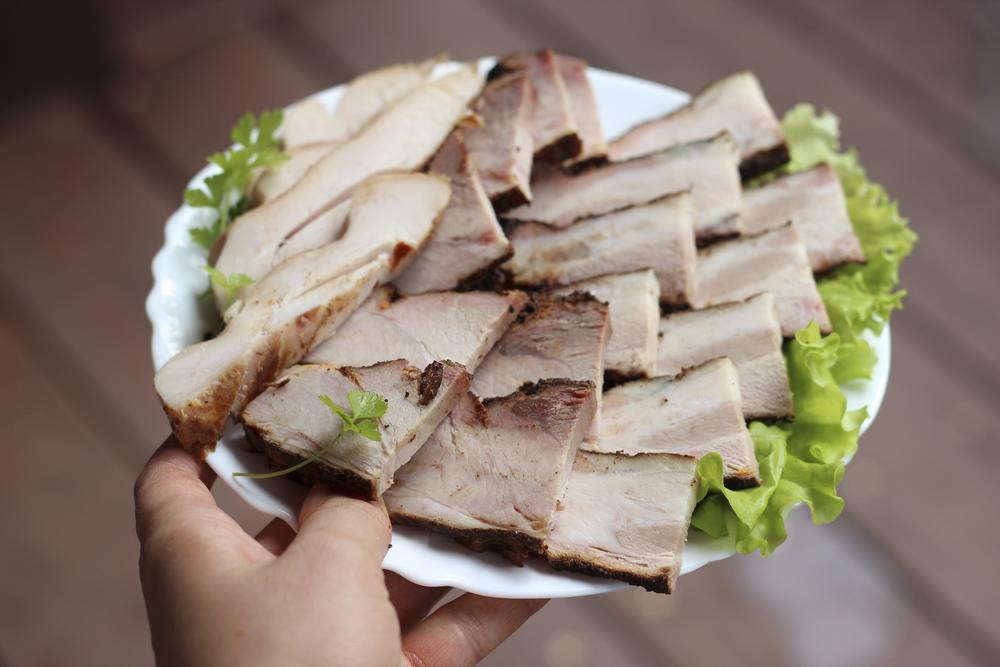Foods to Steer Clear of When Managing IBS Symptoms
Managing IBS involves avoiding specific foods that can worsen symptoms such as dairy, refined sugars, gluten, fried foods, processed products, and alcohol. Identifying personal triggers through monitoring and maintaining a food diary can lead to better symptom control and improved quality of life. Consulting with healthcare professionals is recommended for personalized dietary guidance.
Sponsored

Foods to Avoid with Irritable Bowel Syndrome (IBS)
Irritable Bowel Syndrome (IBS) is a persistent digestive disorder marked by symptoms like diarrhea, constipation, or both, along with abdominal cramping, gas, and bloating. While its exact cause remains unknown, experts believe it involves miscommunication between the brain and gut. Triggers differ among individuals, with certain foods often exacerbating symptoms. Paying attention to diet is essential for managing IBS. Here’s a guide to foods that may need to be eliminated from your diet to reduce flare-ups and improve quality of life.
Diary Products – Dairy can lead to diarrhea in some IBS sufferers due to its fat content. Switching to low-fat or nonfat options can help. Additionally, many individuals with IBS experience lactose intolerance, making dairy intake problematic. Monitoring reactions after consuming dairy is crucial. If symptoms appear soon after, consider removing dairy entirely from your diet.
Refined Sugars – Sweets like chocolates, candies, baked goods, and pastries contain refined sugars that can cause bacterial imbalance within the intestines, worsening IBS symptoms such as bloating, gas, and abdominal pain.
Cutting back on sugar might be challenging, but natural sweeteners like honey or maple syrup can be helpful alternatives. Artificial sweeteners such as sucralose, aspartame, and acesulfame potassium should also be avoided, as they can be difficult for the gut to process.
Gluten – Found in grains like wheat, barley, and rye, gluten is a protein that can trigger reactions ranging from allergic responses like Celiac disease to general gluten intolerance. These conditions can cause malabsorption and indigestion, potentially contributing to IBS symptoms. Consulting with a healthcare professional about gluten sensitivity is advisable, and considering gluten-free options may improve symptoms.
Fried and Processed Foods – These foods are often heavy on fats, making digestion more difficult. Additionally, processed foods contain preservatives and additives that may harm intestinal health due to poor nutritional value.
Alcohol – Excessive alcohol consumption can negatively impact gut health, leading to dehydration and impaired intestinal and liver functions. Beers containing gluten can be problematic for those with gluten sensitivities or Celiac disease. Opting for gluten-free drinks without added sugars or artificial sweeteners can mitigate some adverse effects.
Not all foods listed will trigger symptoms in every individual. Keeping a food and symptom diary can help identify personal triggers, enabling tailored diet plans for effective IBS management.






